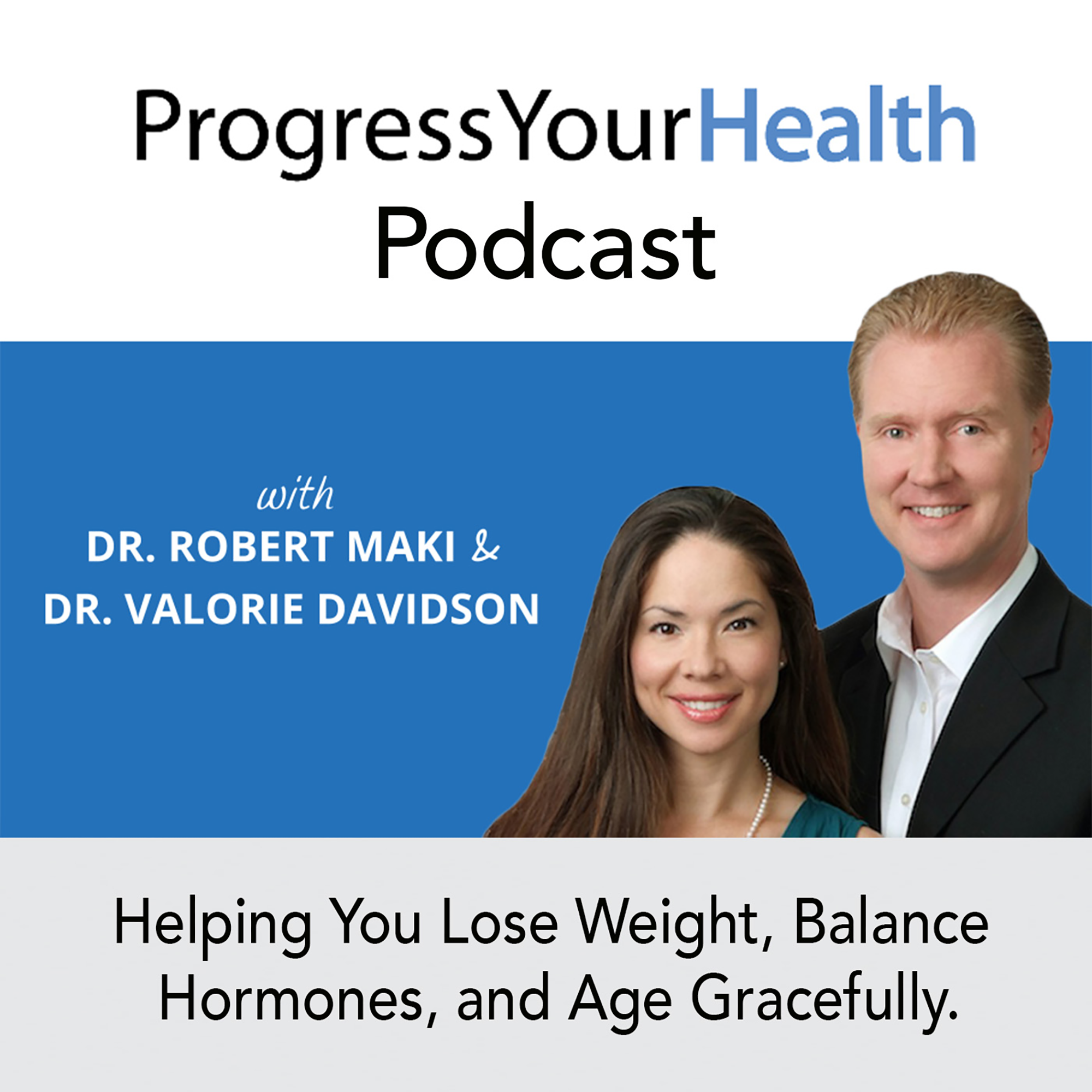What Causes Heavy Periods? | PYHP 023
You know you have heavy periods when .
When you have tampons everywhere. In every single purse, the glove box of your car. In the glove box of your friend's and spouse's car. In the kitchen drawers, all bathrooms, in your jacket pockets, even your grocery bags.
You never wear white.
You don't own white underwear because at some point they will no longer be white.
You know exactly when and how much ibuprofen you can take.
You have a whole bunch of the light tampons because you never use them from the box.
You laugh at the purple Tampax lites. Because seriously, what magical woman actually uses them? And we hate her.
You time everything around your period. How long can I stay in the meeting? How long is that exercise class? How long is that road trip and what are the stops on the way?
You always get your period right before or during vacation.
You devote an entire bathroom cabinet to super-heavy-plus tampons and those huge, bulky overnight pads.
If you have heavy periods, aka menorrhagia, then you know quite literally what a pain it can be. From the pain of cramping to always knowing where is the closest bathroom.
For the most part, heavy periods are benign, just bothersome. (But if you have heavy periods make sure to discuss with your doctor so that you do not become anemic and test for underlying diseases/disorders.)
But what causes heavy periods? Below are some of the more common reasons women may develop heavy periods.
Estrogen-Progesterone Imbalance:
Having an elevated level of estrogen or lower progesterone can cause heavy periods. Estrogen is the best hormone in the world. Estrogens keeps your skin youthful and hydrated.
Your own estrogen is good for your heart, bones, brain, hair, sleep, and libido to name a few. But she can be a runaway train if not balanced. Estrogen likes to grow-things. Estrogen grows our breast tissues and uterine lining. If there is an imbalance of lower progesterone to estrogen, she will grow the uterine lining so thick that you practically hemorrhage once a month. It is important to have your hormones checked and balanced if you have heavy periods.
Low thyroid function:
Hypothyroid can also contribute to heavy periods. The thyroid also helps to rein in estrogen's negative effects. If your thyroid is low, the estrogen will grow that uterine lining very thick. So that you will have heavy periods and also commonly spot through the cycle. It will also cause the period to last for what seems like FOREVER. If you have heavy periods, mid-cycle spotting, long periods, talk to your doctor about testing your thyroid.
How Much Do Blood Tests Cost? | PYHP 22
With all of the recent changes in health insurance, blood testing is more expensive than ever. Below are few questions and situations we get from our patients and thought it would be good to discuss. Do any of the following sound familiar? My Doctor Won’t Order Thyroid Function Test, What Should I Do? We see […]
Which Thyroid Medication is Best? | PYHP 21
Which thyroid medication is best? This is a question we get from patients quite often. Conventionally for hypothyroidism, there is one medication prescribed. Regardless of your gender, family/personal history, symptoms, goals. If you need thyroid replacement, you will get Synthroid. If you have had your thyroid gland radiated, now it is hypothyroid. If you have […]
How Do I Know If I Have Hashimoto Thyroiditis? | PYHP 20
Hashimoto Thyroiditis is an autoimmune process where your immune system will attack your thyroid gland. This attack will eventually cause the thyroid function to drop. Inevitably, Hashimoto’s disease causes hypothyroid. There are two primary blood antibodies to test for Hashimoto’s disease. Thyroid Peroxidase Antibody (TPO) Thyroglobulin Antibody (TgAb). If you have one or both of these […]
What Are The Best Blood Tests for Thyroid Function? | PYHP 19
The most common test for thyroid is the TSH, which stands for Thyroid Stimulating Hormone. Unfortunately, this is also the only test most conventional doctors use to screen for thyroid disease. If the TSH is elevated (above 4.5 mIU/L), you are hypothyroid, and if the number is low (below 0.45 ng/dL), you are hyperthyroid. […]
My Doctor Will Only Test TSH for My Thyroid | PYHP 18
“My doctor will only test my TSH level for my thyroid. He/She says my thyroid is normal based on my TSH level, but I feel I have a thyroid problem! I hear this all the time with my new patients. They have been to their internist, their primary care, and even endocrinologists, but they get […]


